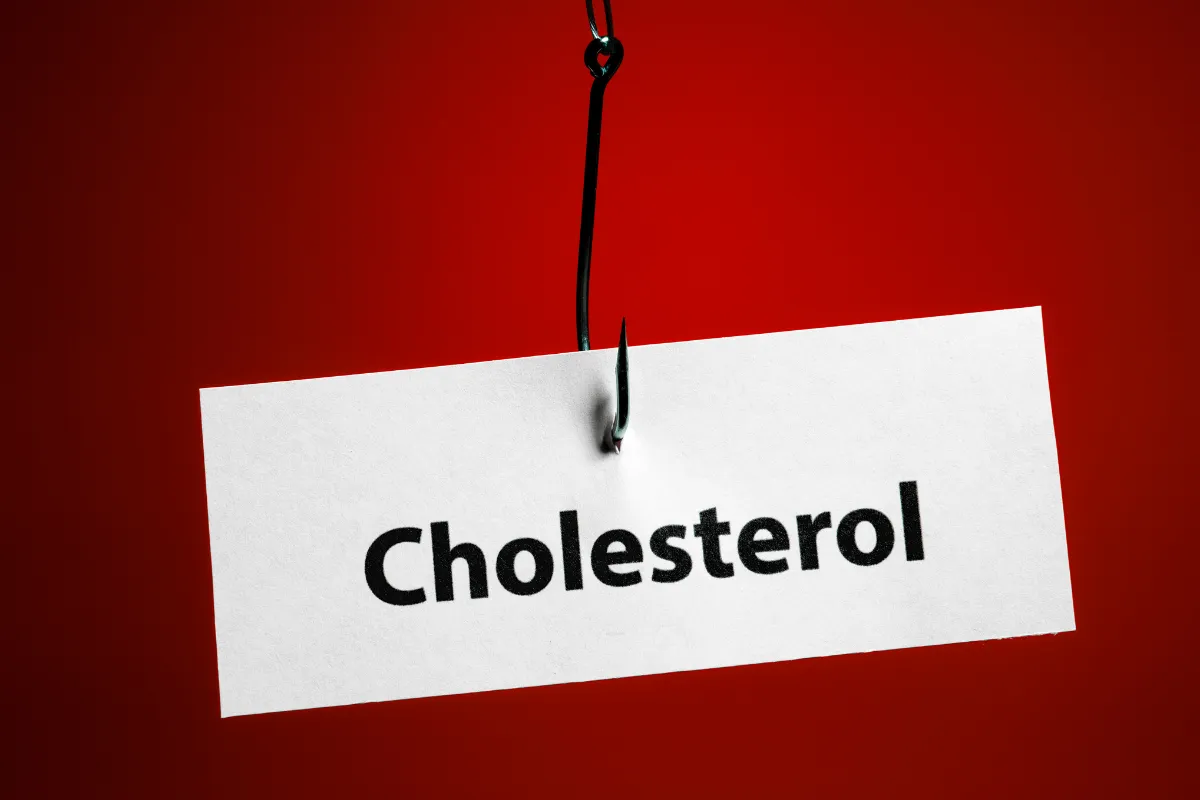Managing High Cholesterol: A Guide for Residents of Klein
Are you one of the many residents of Klein concerned about your cholesterol levels?
It’s a common concern, and understanding how to manage it is key to a healthier life.
High cholesterol often has no symptoms, making regular checkups crucial.
Let’s explore practical steps you can take to keep your cholesterol in check and safeguard your heart health, right here in our community.
Understanding Cholesterol
Cholesterol is a waxy substance found in your blood.
Your body needs it to build healthy cells, but high levels can increase your risk of heart disease.
There are different types of cholesterol, including LDL (bad) and HDL (good).

Good vs. Bad Cholesterol
- LDL (Low-Density Lipoprotein):
This is often called “bad” cholesterol because it can build up in the walls of your arteries, making them hard and narrow. - HDL (High-Density Lipoprotein):
This is known as “good” cholesterol because it helps remove LDL cholesterol from your arteries.
Risk Factors for High Cholesterol
Several factors can increase your risk of developing high cholesterol.
Being aware of these risks can help you take proactive steps for your health.
Common Risk Factors
- Diet:
A diet high in saturated and trans fats can raise LDL cholesterol. - Obesity:
Being overweight or obese can increase LDL cholesterol and lower HDL cholesterol. Check out our weight loss management options. - Lack of Exercise:
Physical inactivity can lower HDL cholesterol. - Smoking:
Smoking lowers HDL cholesterol and damages blood vessel walls. For help, consider our smoking cessation resources. - Age:
Cholesterol levels tend to rise with age. - Family History:
If you have a family history of high cholesterol, you’re more likely to develop it.
Lifestyle Changes to Lower Cholesterol
Making certain lifestyle changes can significantly impact your cholesterol levels.
These changes are often the first line of defense in managing high cholesterol.
Dietary Adjustments
- Reduce Saturated and Trans Fats:
Limit your intake of red meat, fried foods, and processed snacks. - Eat More Fiber:
Include plenty of fruits, vegetables, and whole grains in your diet. - Increase Omega-3 Fatty Acids:
Eat fatty fish like salmon and tuna, or take omega-3 supplements.
Exercise Regularly
Aim for at least 30 minutes of moderate-intensity exercise most days of the week.
This can help raise HDL cholesterol and lower LDL cholesterol.

Quit Smoking
Quitting smoking can improve your HDL cholesterol levels and overall health.
Dr. A Patient Care, located at 5523 Louetta Rd STE C, Spring, TX 77379, can help you find resources for quitting.
Medical Treatments for High Cholesterol
In some cases, lifestyle changes alone may not be enough to lower cholesterol levels.
Your doctor may recommend medication to help manage your cholesterol.
Types of Medications
- Statins:
These are the most common type of medication for lowering cholesterol.
They work by blocking a substance your body needs to make cholesterol. - Bile Acid Sequestrants:
These medications bind to bile acids, which helps lower cholesterol. - Cholesterol Absorption Inhibitors:
These medications prevent your body from absorbing cholesterol from food. - PCSK9 Inhibitors:
These are newer medications that can significantly lower LDL cholesterol.
Considering your options? We can help! Call us at 346-550-8220 or book a consultation to get started.
Comparing Treatment Options
| Treatment | How it Works | Benefits | Potential Side Effects |
|---|---|---|---|
| Statins | Blocks cholesterol production in the liver | Effective at lowering LDL cholesterol | Muscle pain, liver damage (rare) |
| Bile Acid Sequestrants | Binds to bile acids to remove cholesterol | Can lower LDL cholesterol | Constipation, bloating |
| Cholesterol Absorption Inhibitors | Prevents absorption of cholesterol from food | Can be used with statins | Diarrhea, fatigue |
Frequently Asked Questions (FAQs)
What are the symptoms of high cholesterol?
High cholesterol usually doesn’t have any symptoms.
That’s why it’s important to get your cholesterol checked regularly, especially if you have risk factors.
Regular annual physicals are key!
How often should I get my cholesterol checked?
Most adults should have their cholesterol checked every 4 to 6 years.
However, if you have risk factors for heart disease, your doctor may recommend more frequent testing. Our medical screening can help assess your needs.
Can children get high cholesterol?
Yes, children can get high cholesterol, especially if they have a family history of high cholesterol or obesity.
The American Academy of Pediatrics recommends that all children be screened for high cholesterol at least once between the ages of 9 and 11 and again between the ages of 17 and 21.
Are there natural ways to lower cholesterol?
Yes, there are several natural ways to lower cholesterol, including eating a healthy diet, exercising regularly, and maintaining a healthy weight.
Some supplements, like omega-3 fatty acids and plant sterols, may also help lower cholesterol.
Dr. A Patient Care is dedicated to serving the residents of Klein and surrounding areas with comprehensive healthcare solutions.
We offer a variety of services, including chronic disease management to help you stay healthy.
In conclusion, managing high cholesterol is a crucial part of maintaining your overall health, especially for residents of Klein.
By understanding the risk factors, making lifestyle changes, and working with healthcare professionals like us at Dr. A Patient Care, you can effectively control your cholesterol levels and reduce your risk of heart disease.
Visit us to find more information about high cholesterol treatment options.


